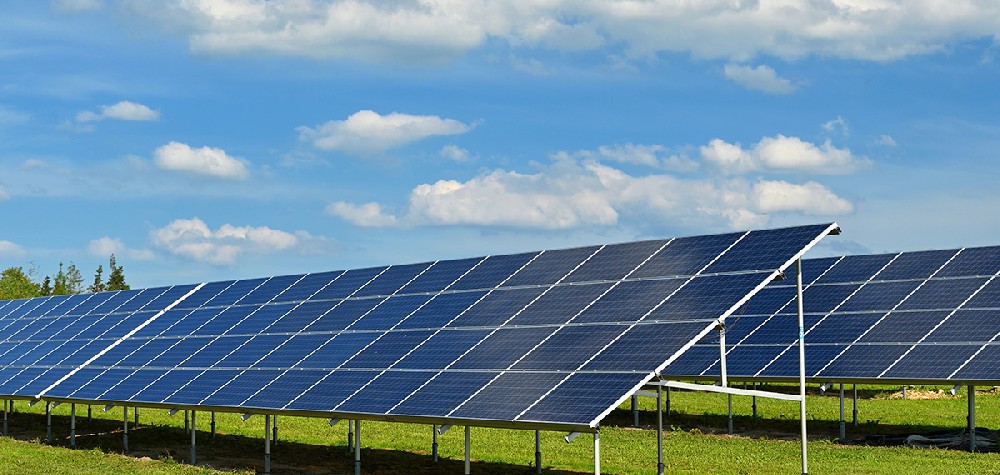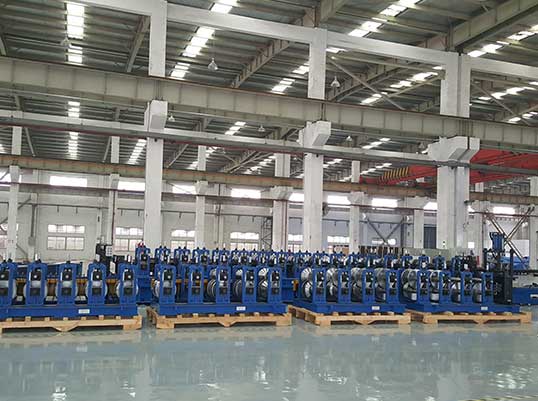Navigation Menu
Contact Us
- Email:
- info@wxavatar.com
- Address:
- Yurong Village, Yuqi Street, Huishan District, Wuxi, China.
Release Date:Jul 30, 2025 Visit:57 Source:Roll Forming Machine Factory
As the demand for solar energy systems increases, manufacturers must find efficient ways to produce mounting structures at scale. Roll forming has emerged as a key technology in meeting this demand, offering advantages in speed, precision, and cost-effectiveness. This article explores how roll forming contributes to the scalability of solar mounting systems.

High-Speed Production for Large-Scale Projects
Roll forming allows for continuous, high-volume manufacturing of solar mounting components. Unlike traditional fabrication methods, roll forming processes can produce long, uniform metal sections with minimal manual intervention. This efficiency is critical for large solar installations that require thousands of identical mounting rails, ensuring consistent quality across all components.
Material Efficiency and Cost Reduction
The precision of roll forming minimizes material waste, making it an economical choice for mass production. By shaping metal coils into finished profiles in a single pass, manufacturers reduce scrap and lower production costs. This efficiency is particularly beneficial for utility-scale solar projects, where even small cost savings per unit can lead to significant overall reductions.
Customization for Diverse Applications
Modern roll forming machines can be quickly adjusted to produce different profiles, allowing manufacturers to cater to various solar mounting designs. Whether for rooftop installations, ground-mounted systems, or tracking structures, roll forming provides the flexibility needed to meet different engineering requirements without extensive retooling.
Consistent Quality and Structural Integrity
The automated nature of roll forming ensures uniform product dimensions and mechanical properties across large production runs. This consistency is essential for solar mounting systems, where structural reliability directly impacts long-term performance. Automated quality control systems further enhance product reliability by detecting deviations early in the production process.
Future Developments in Roll Forming Technology
Advancements in automation and digital monitoring are expected to further improve the scalability of roll forming for solar applications. Smart manufacturing techniques, such as real-time process adjustments and predictive maintenance, will likely enhance production efficiency and reduce downtime. As solar projects continue to grow in size and complexity, roll forming will remain a critical technology for scalable manufacturing.

In summary, roll forming plays a vital role in enabling the mass production of solar mounting systems. Its speed, precision, and adaptability make it well-suited to meet the growing demands of the solar industry, supporting both current needs and future expansion.